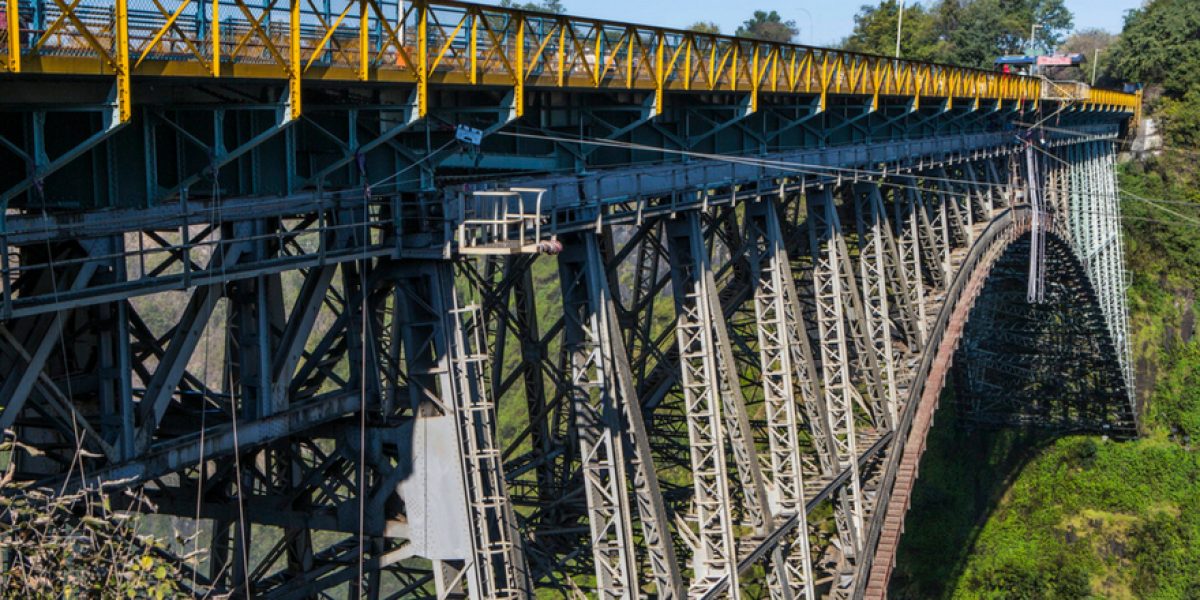This paper looks at the state of the continent’s infrastructure, with a focus on the actions that governments can take to spur its development. In other words, it attempts this analysis from the perspective of governance. By any measure, Africa is on average less well provisioned with infrastructural assets (roads, railways, power grids, communication networks, water and sanitation systems) than any other part of the world. Much of what does exist has been degraded by unsatisfactory maintenance. The most comprehensive estimate is that an amount of some $93 billion annually will be needed until 2020 to achieve the necessary development. Funding continues to fall short of this, although the sums available are growing. Africa’s governments, bilateral and multilateral donors and the private sector are all investing large amounts in infrastructure. Funding is no longer the defining problem in relation to Africa’s infrastructure development, and questions of governance need to be accorded greater recognition.
Studies demonstrate that gains are to be had through better project preparation, greater efficiencies and so on. Adequate maintenance is particularly important. These actions would help secure better infrastructure without significantly greater outlays. Achieving them would, however, require sometimes tough and politically unpopular decisions – making appropriate governance choices are therefore critical. Managing infrastructure construction and maintenance across borders is central to Africa’s infrastructure needs. With so many countries landlocked, cross-border links are imperative for their economic fortunes. This is a complex issue, and resolving it demands that governments and regional institutions cooperate with one another, imposing another set of governance choices. The paper concludes by noting the need to shift debate around Africa’s infrastructure to the governance obstacles it needs to confront. It suggests that governance action could be taken in seven areas to help achieve this: finance; policy, planning and project preparation; efficiency; the regulatory environment; private sector involvement; engagement of Africa’s people; and a focus on regional integration.








